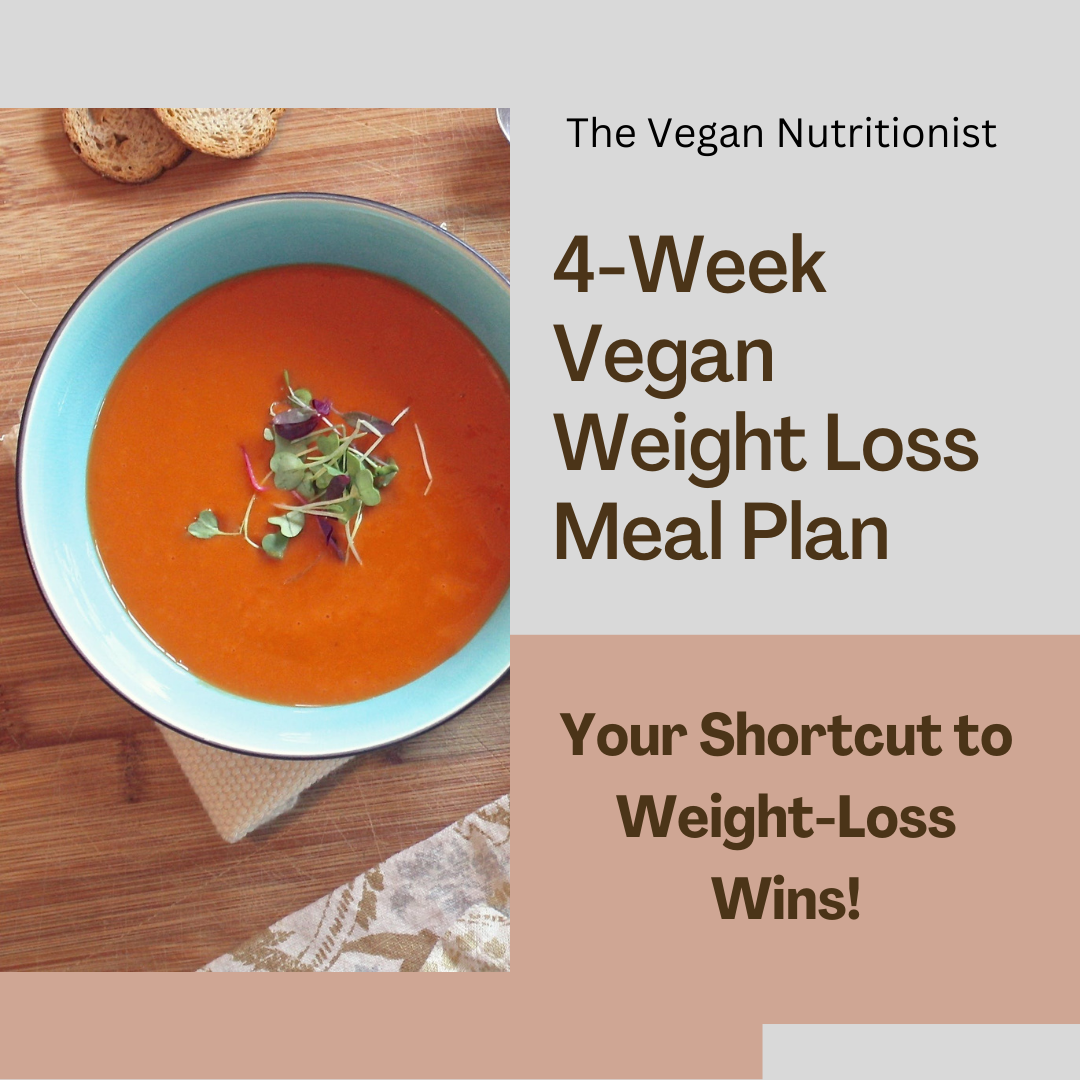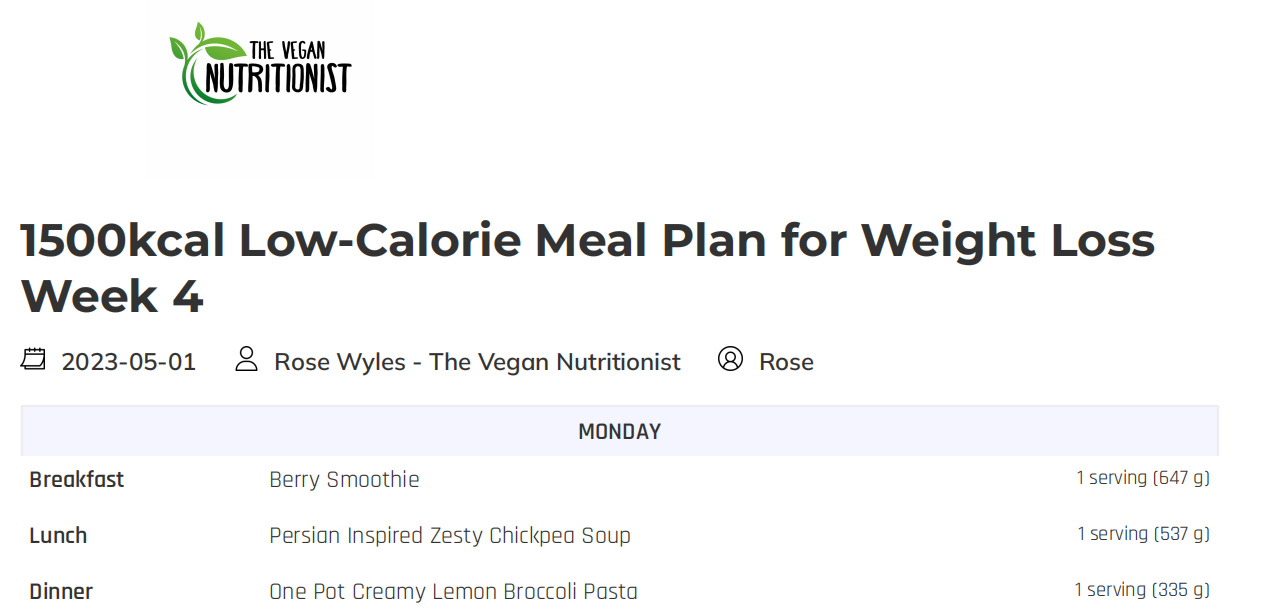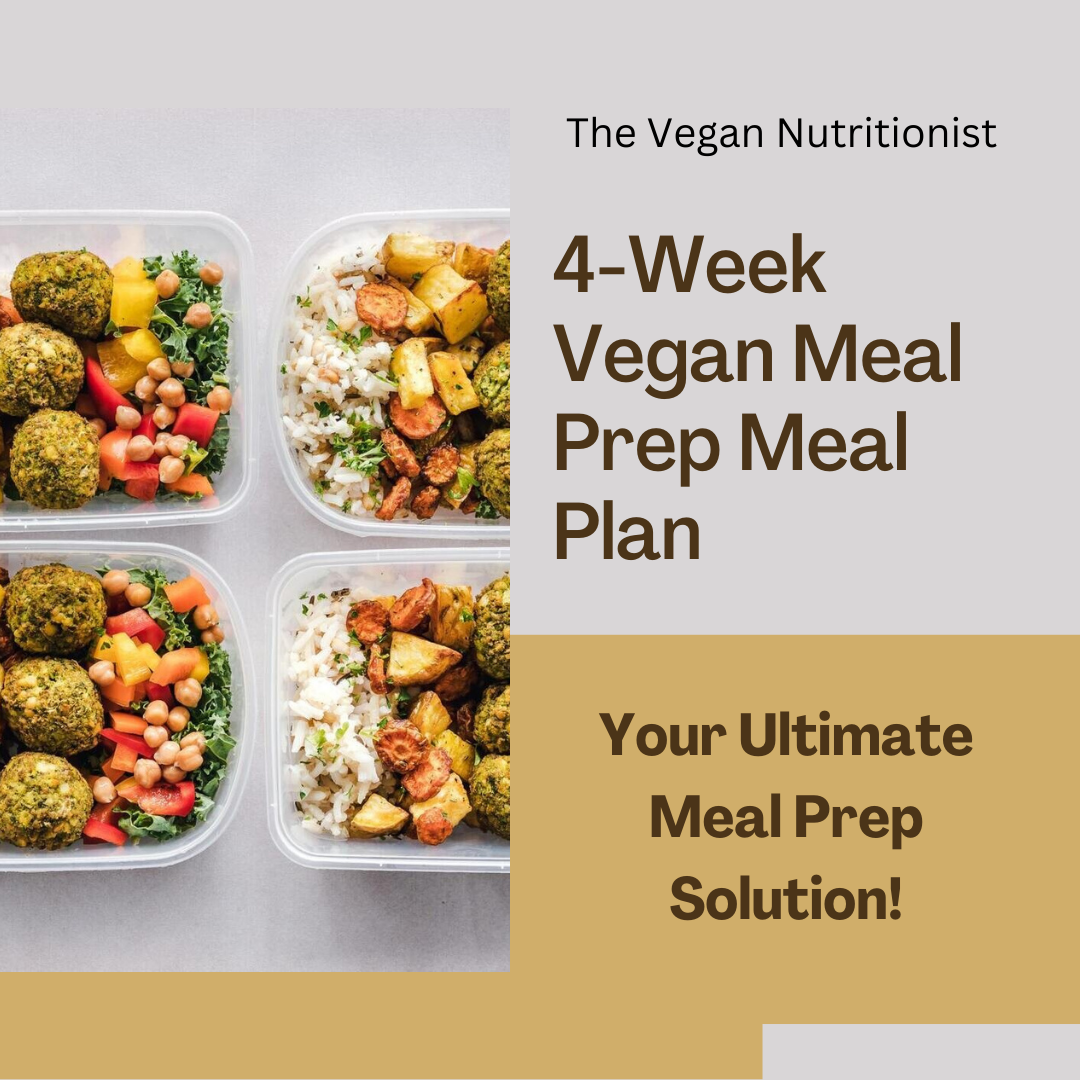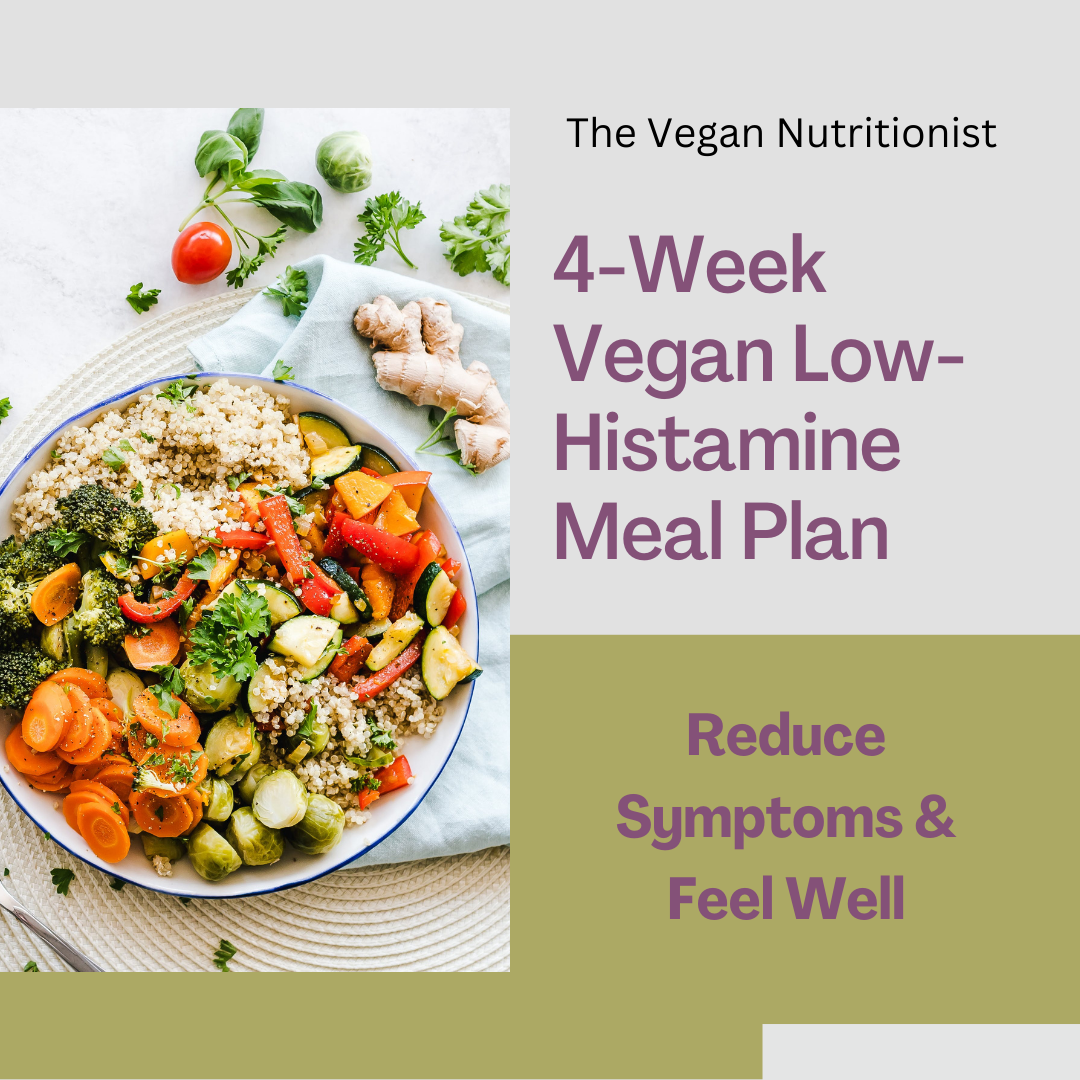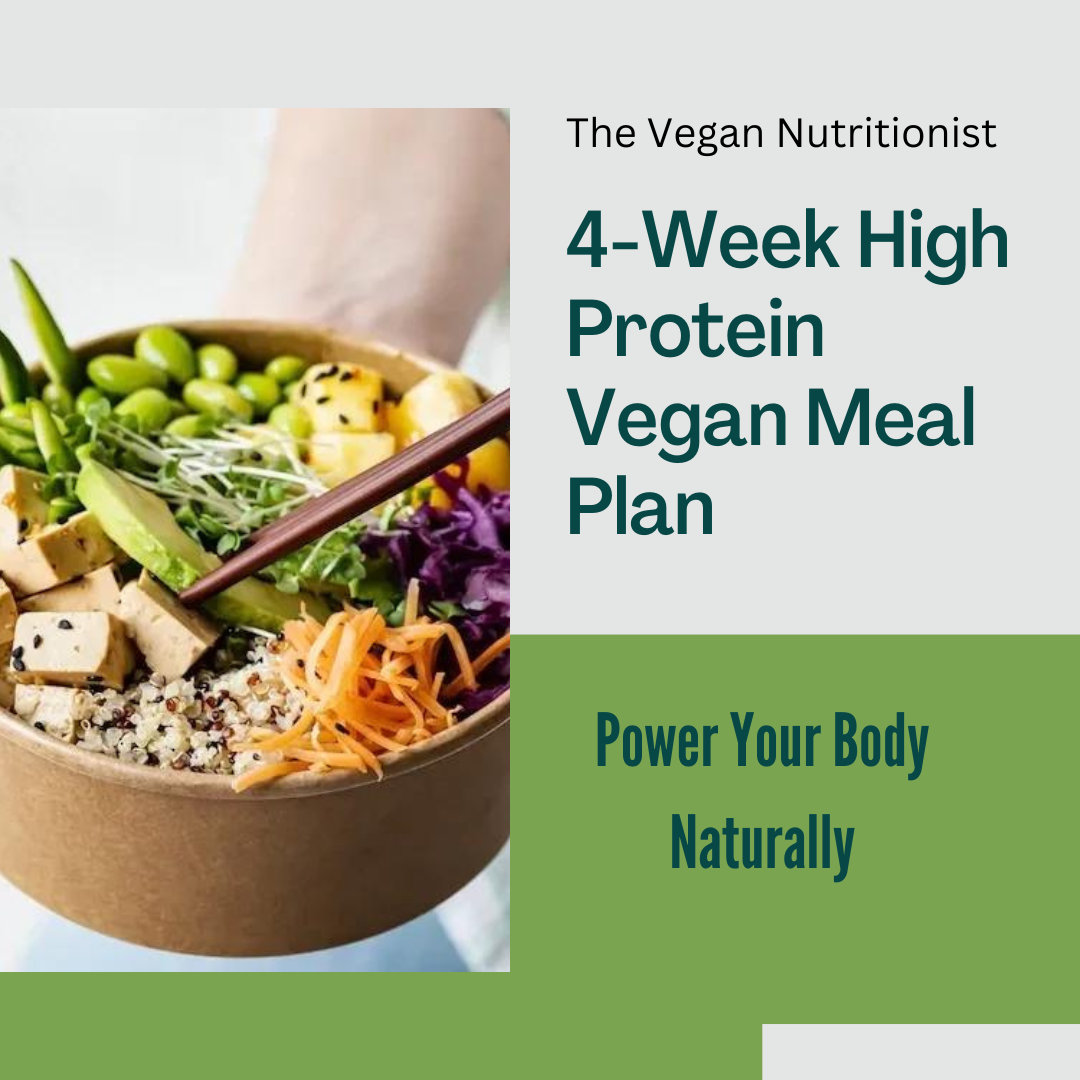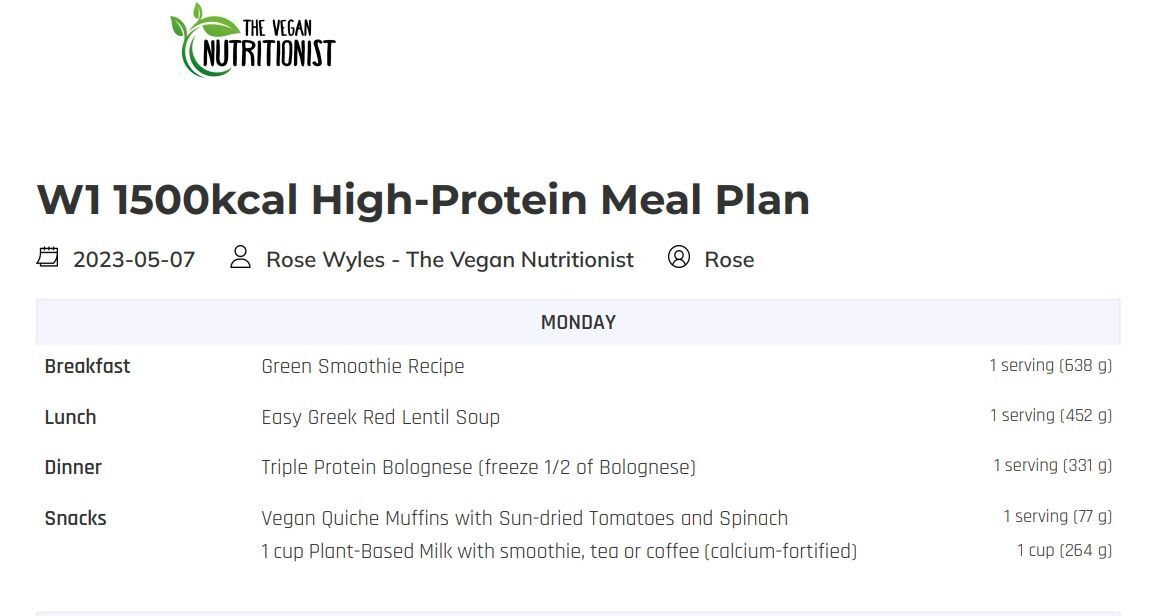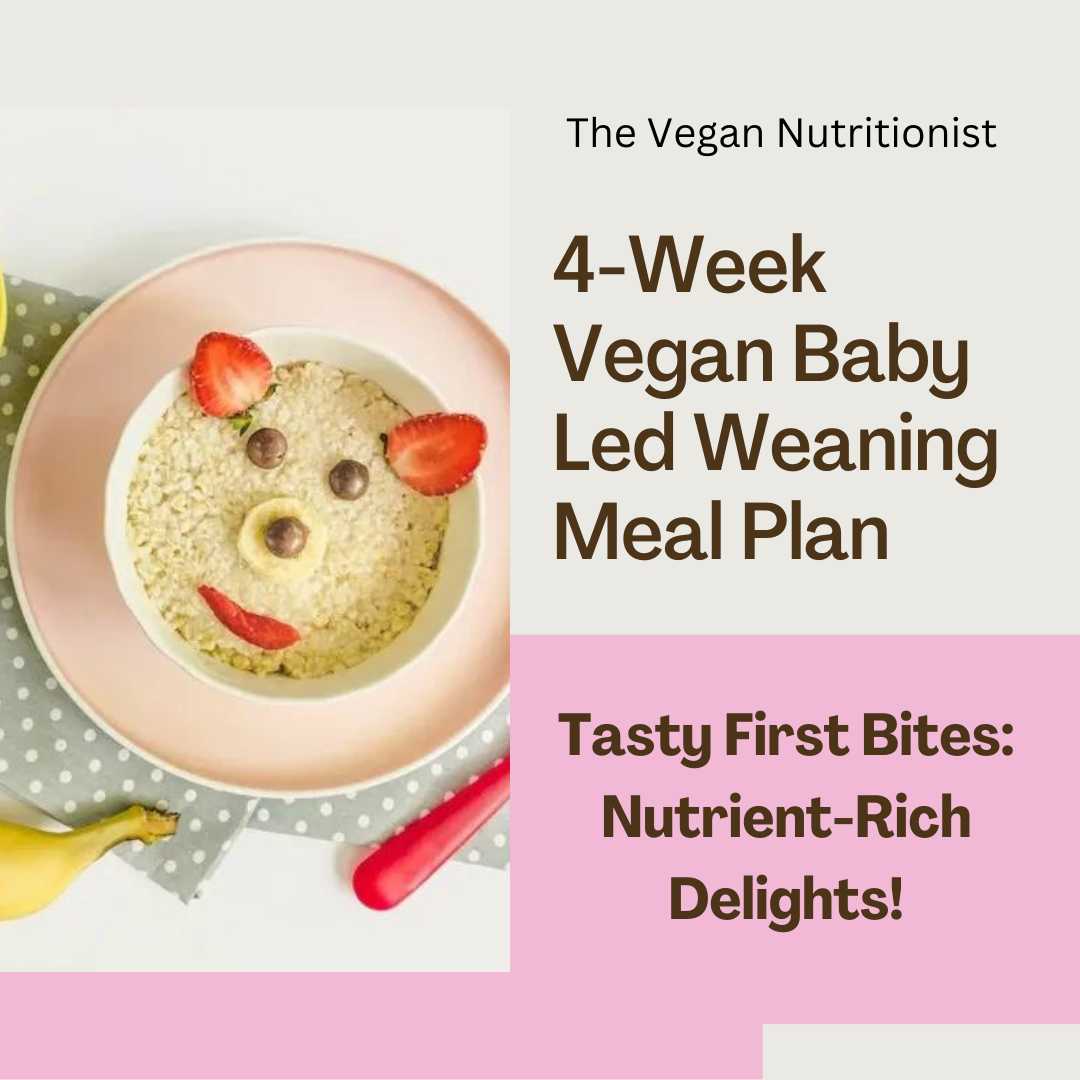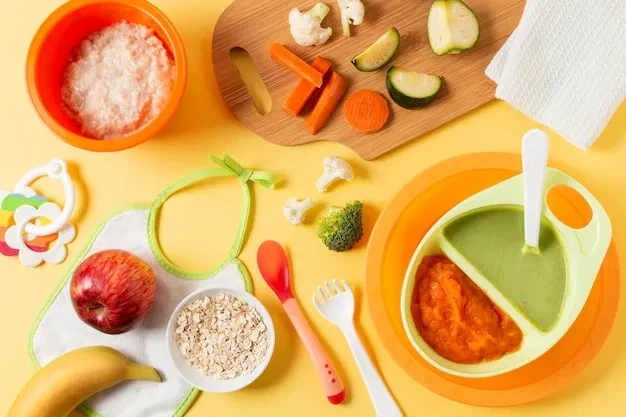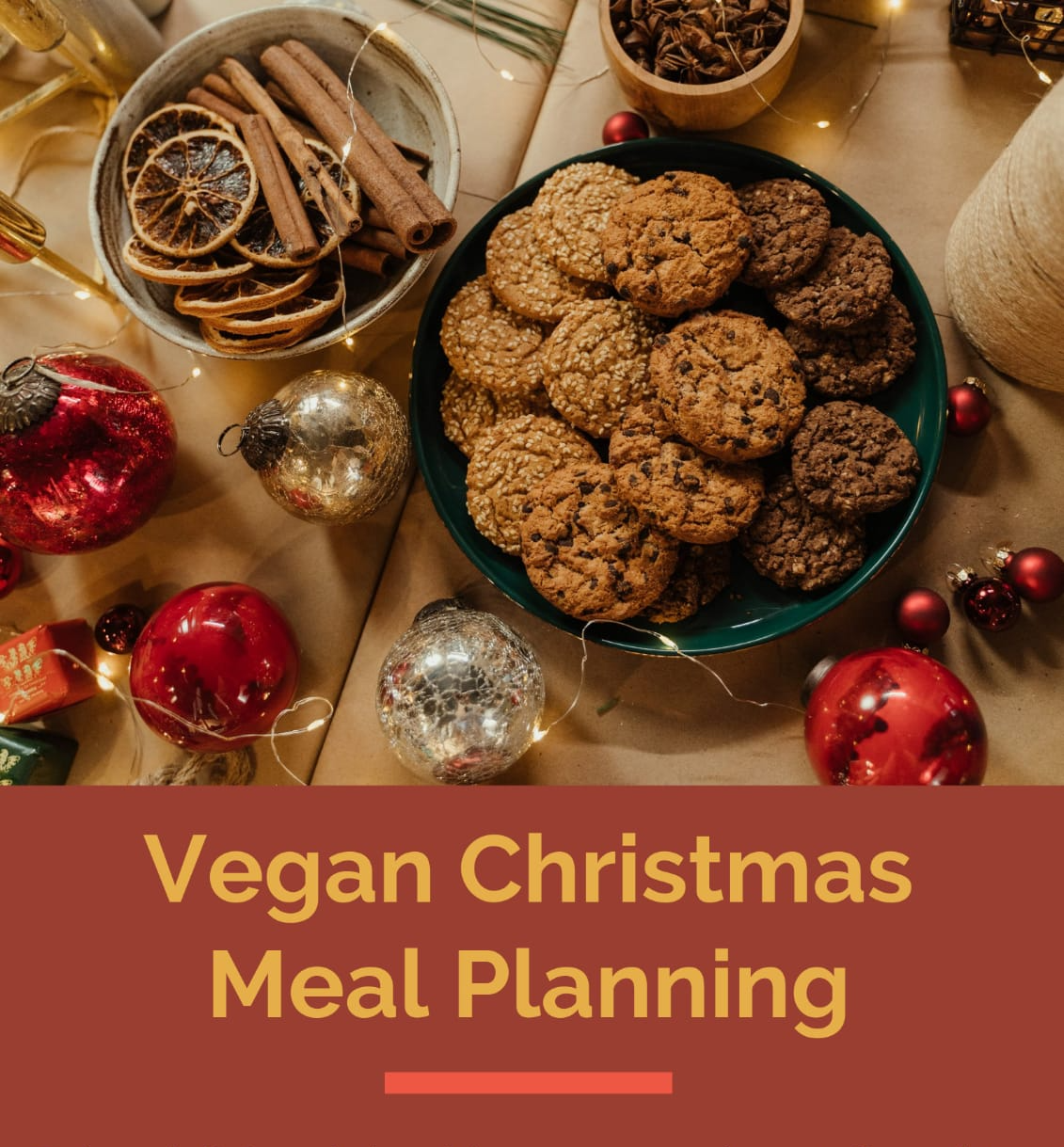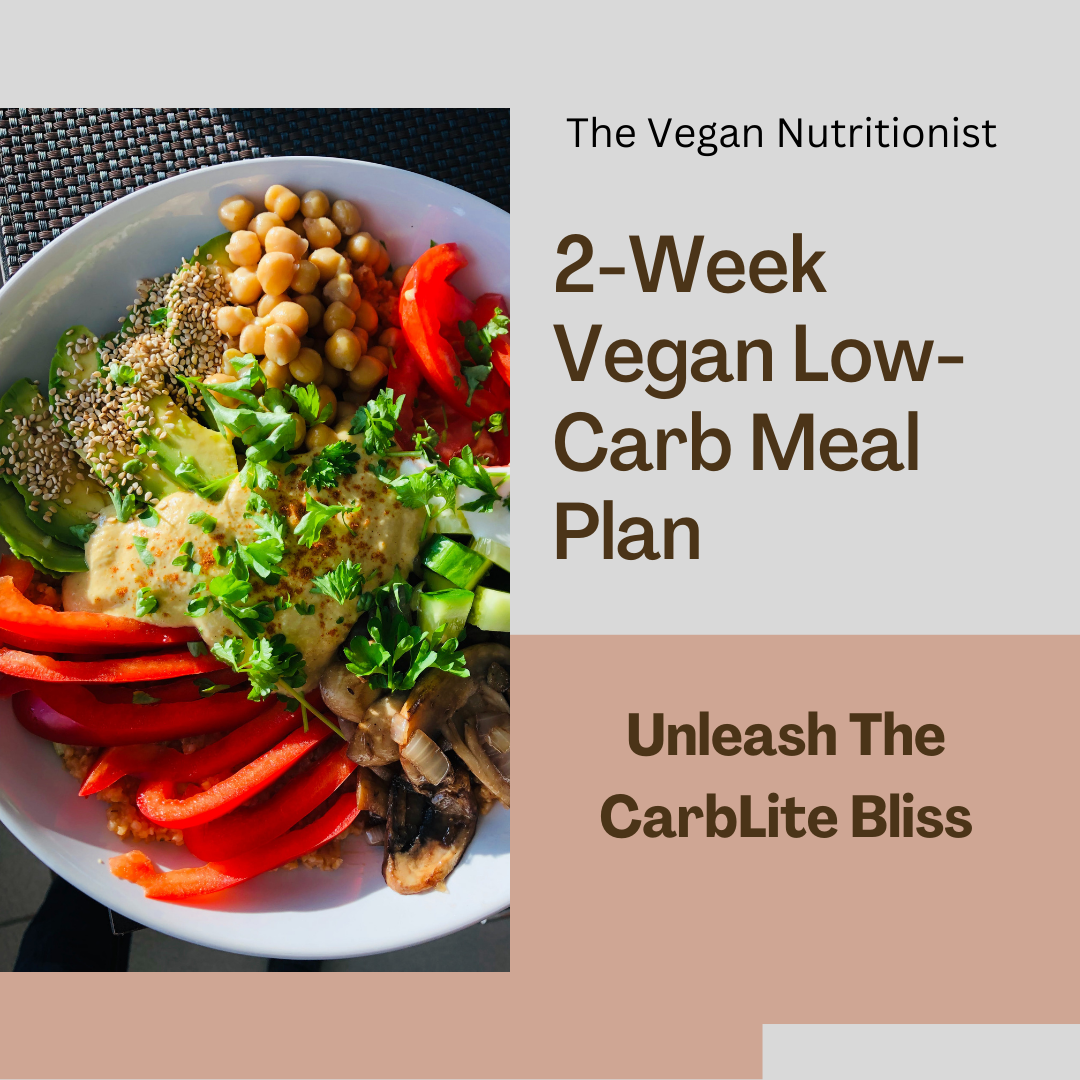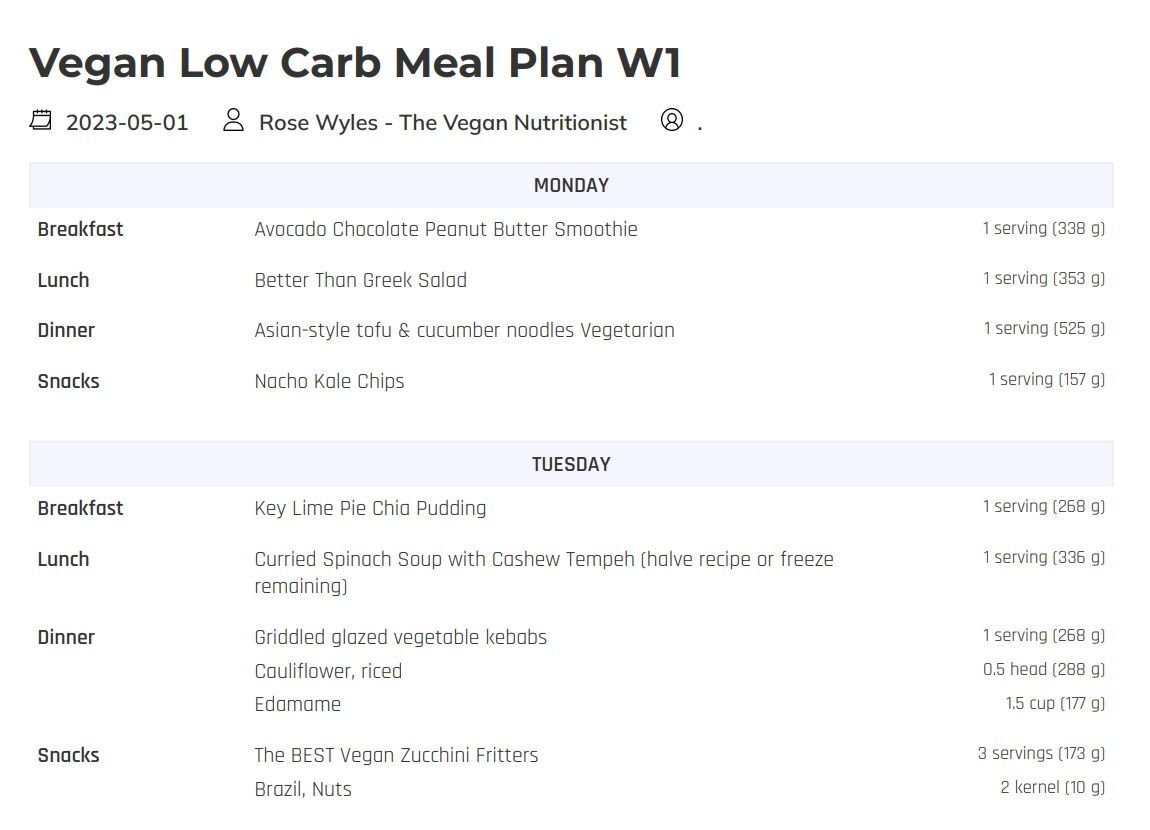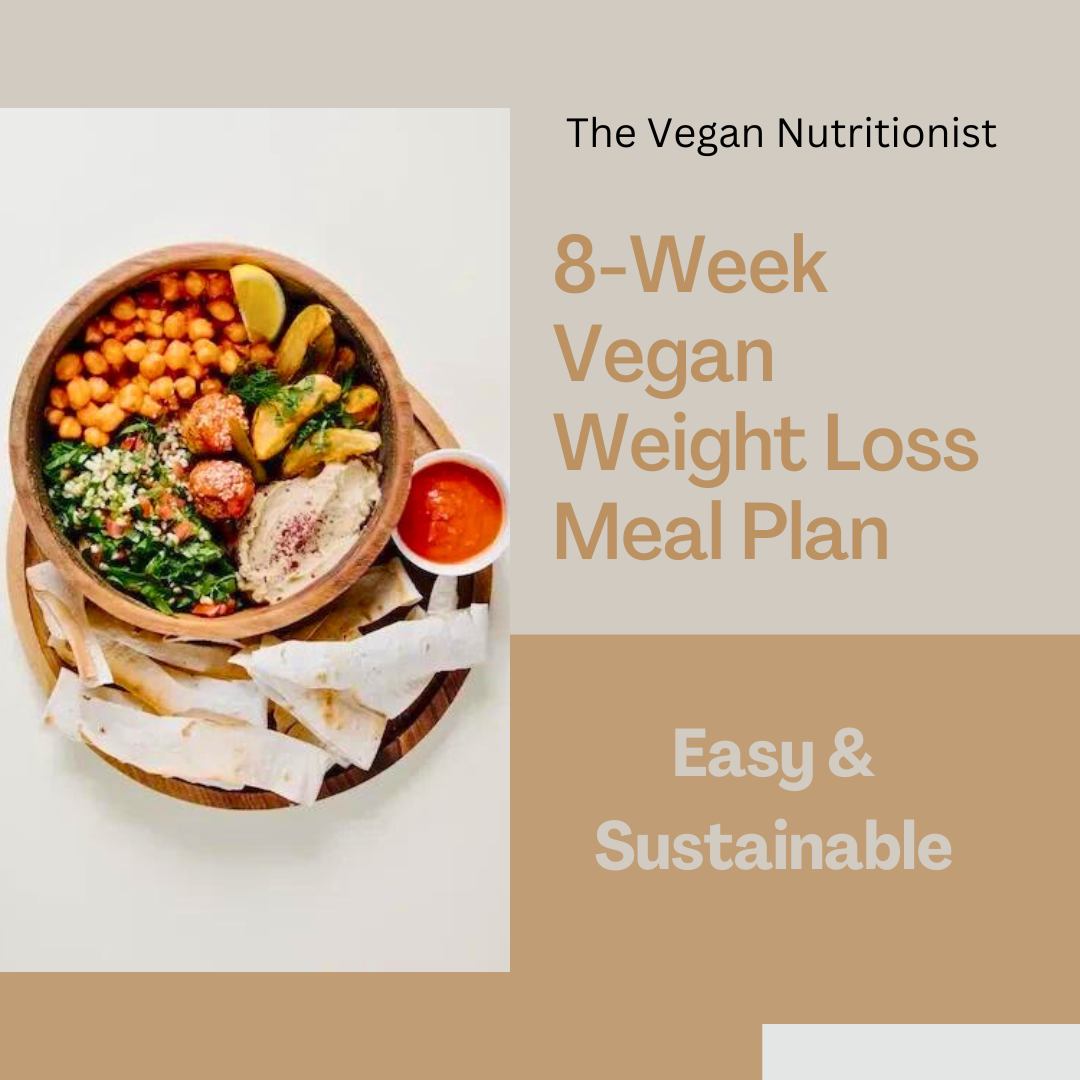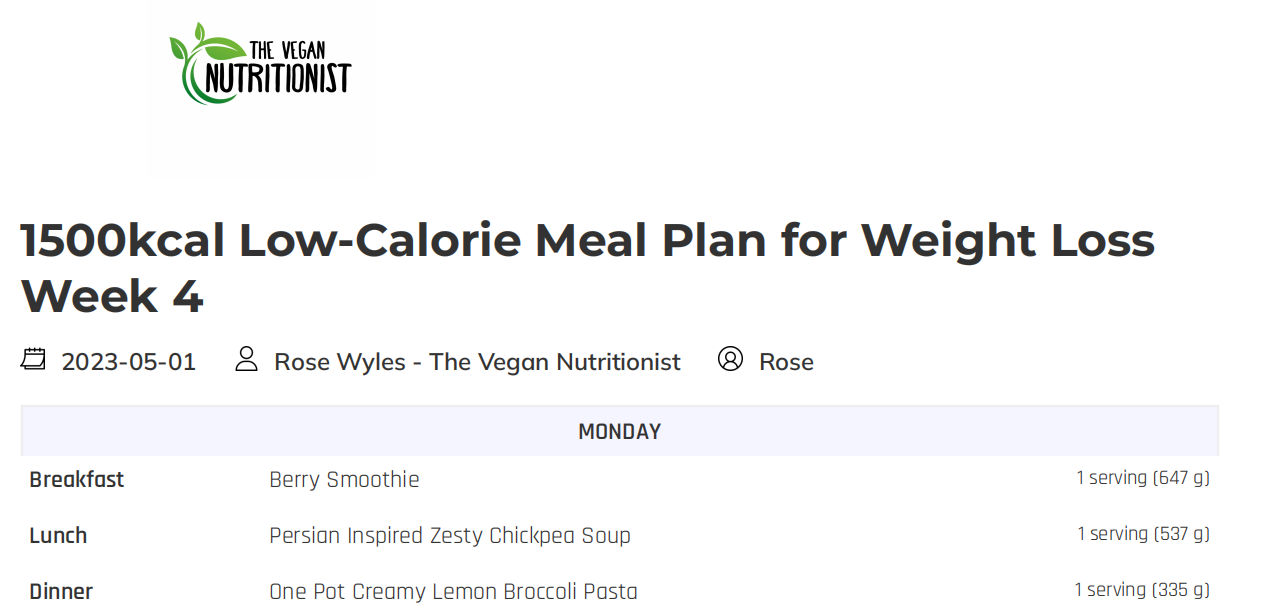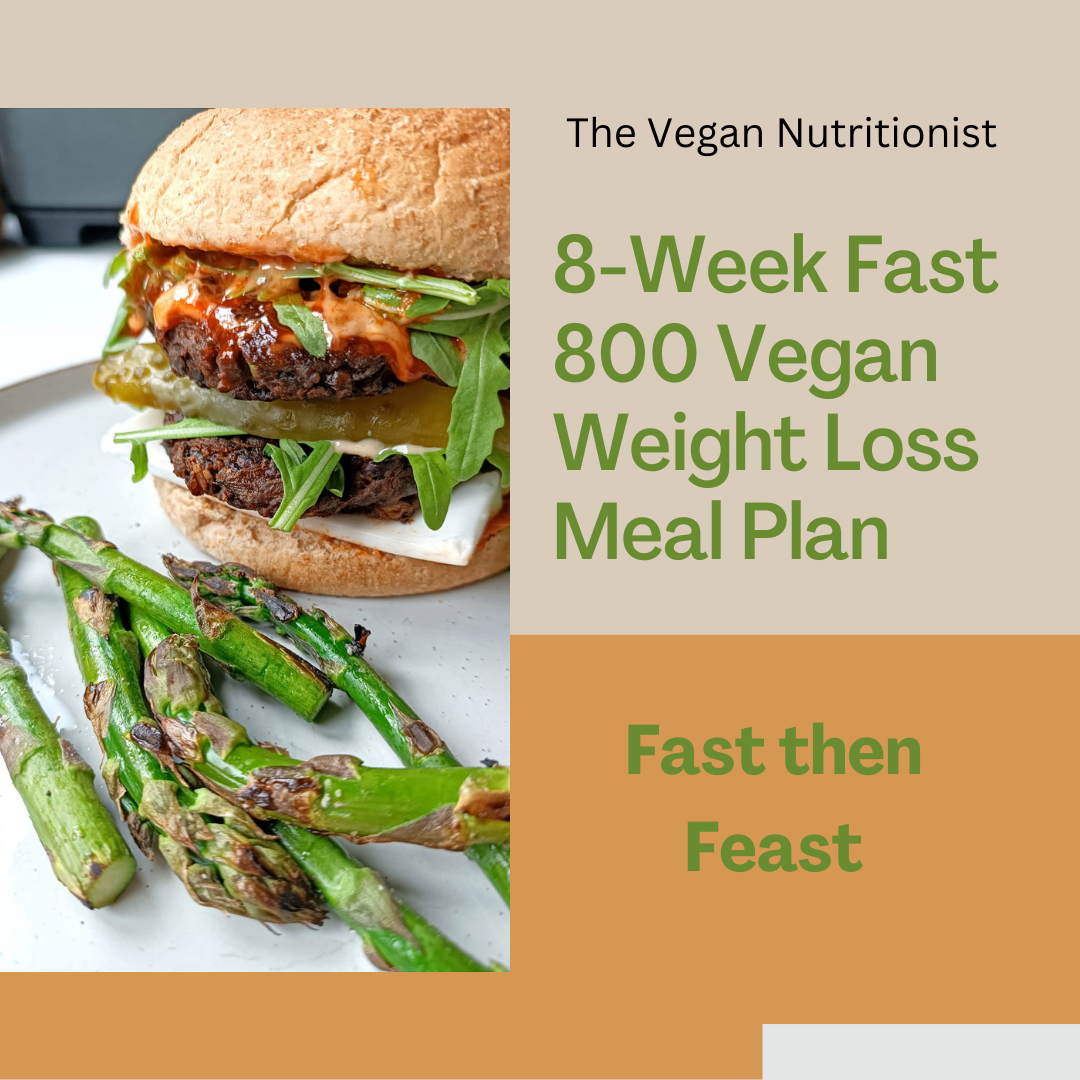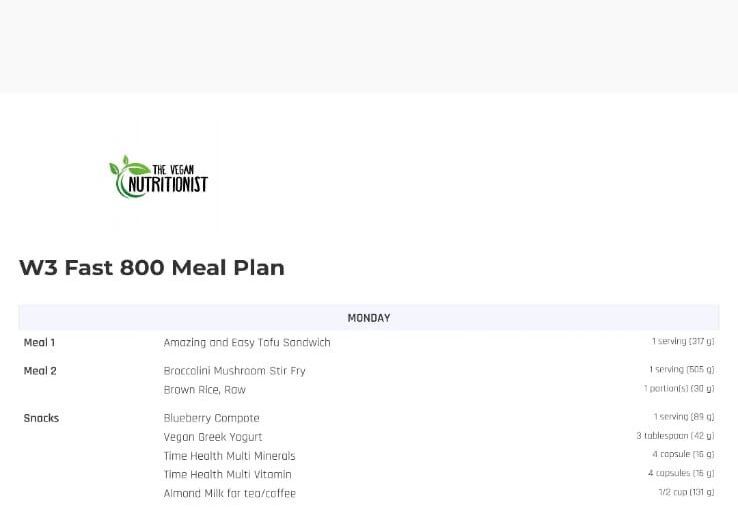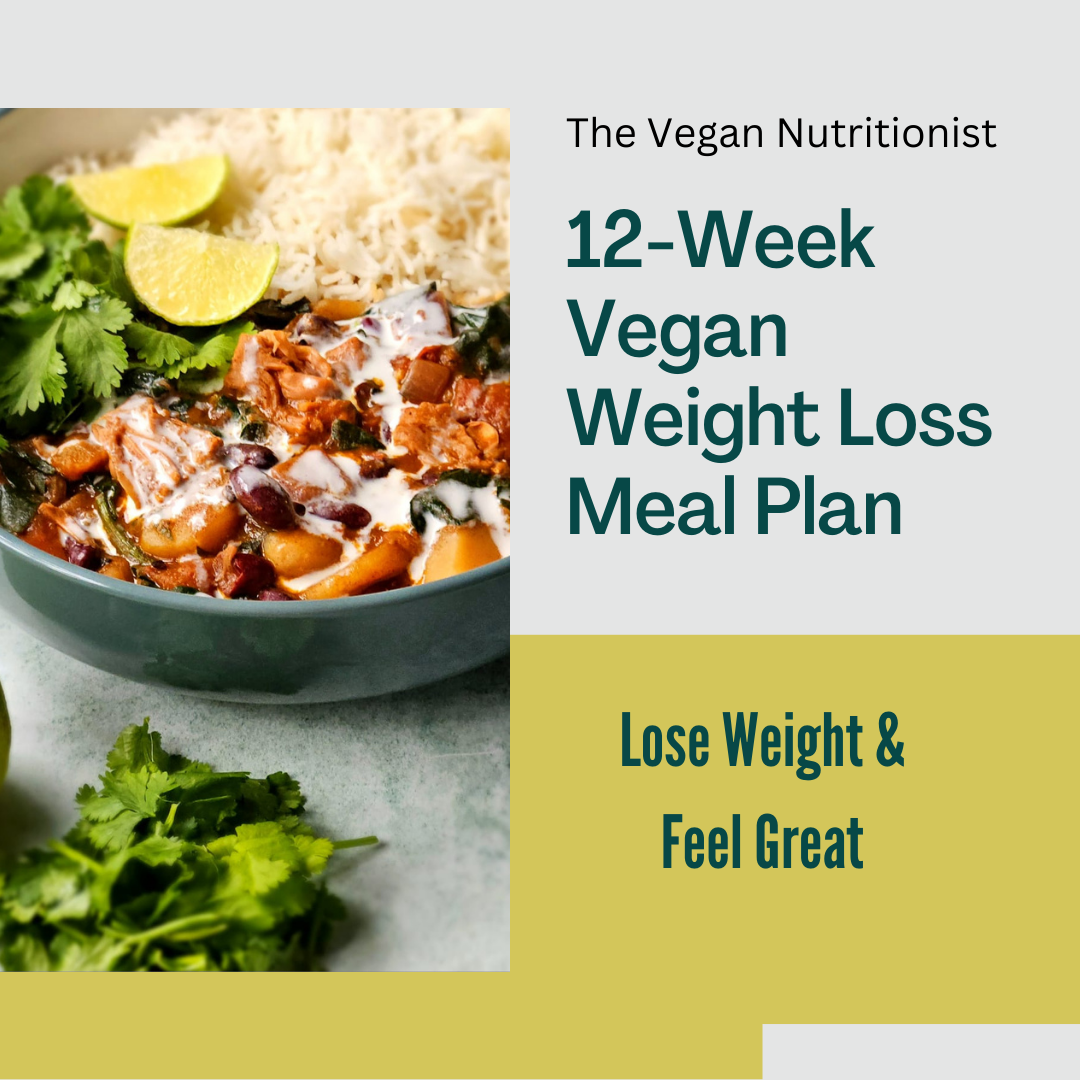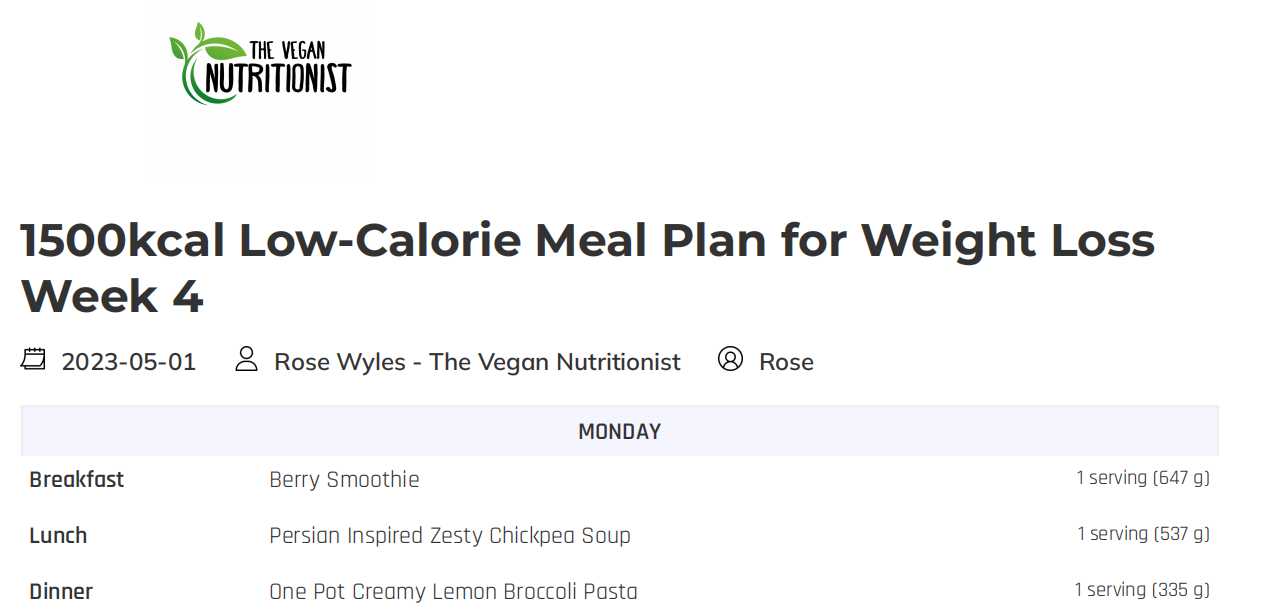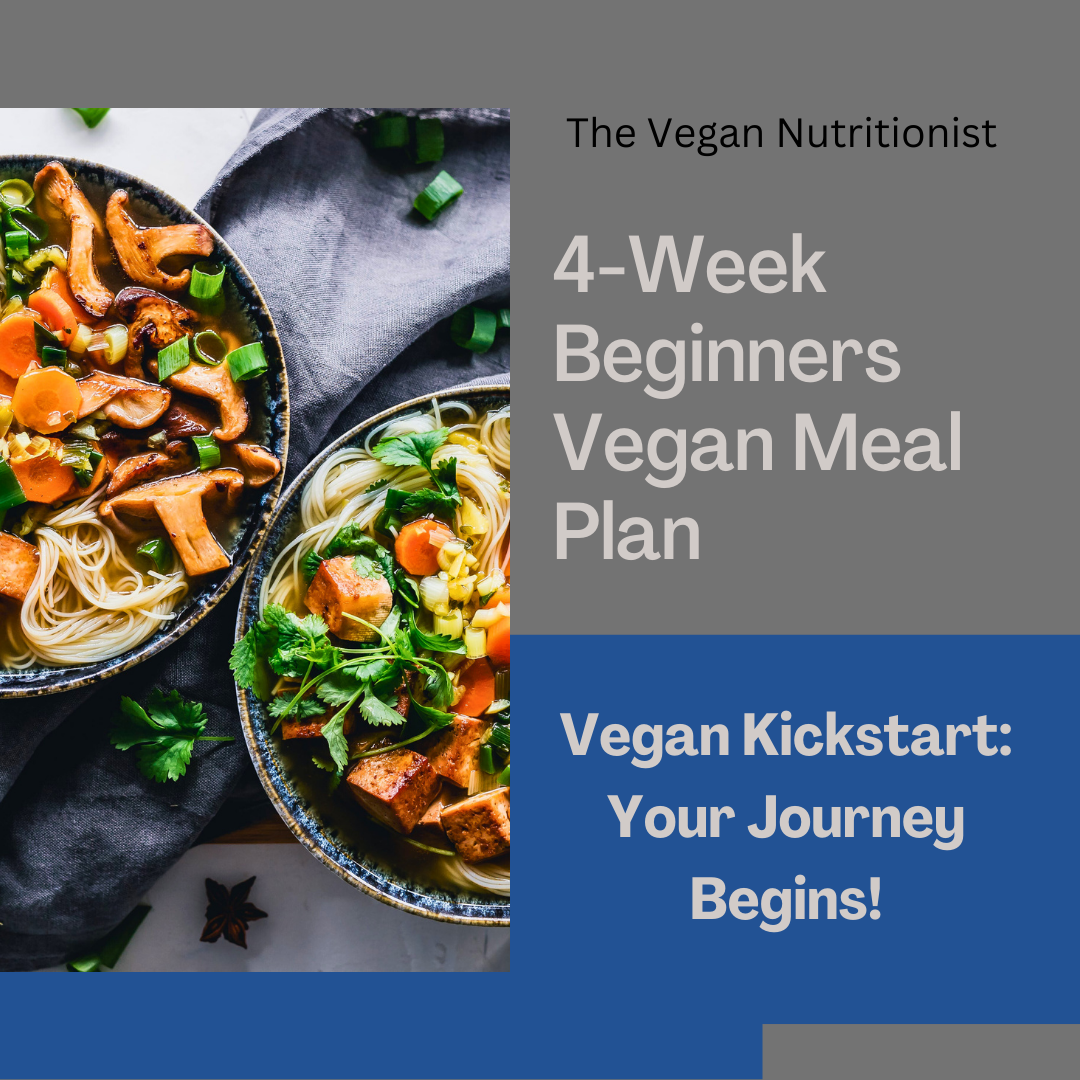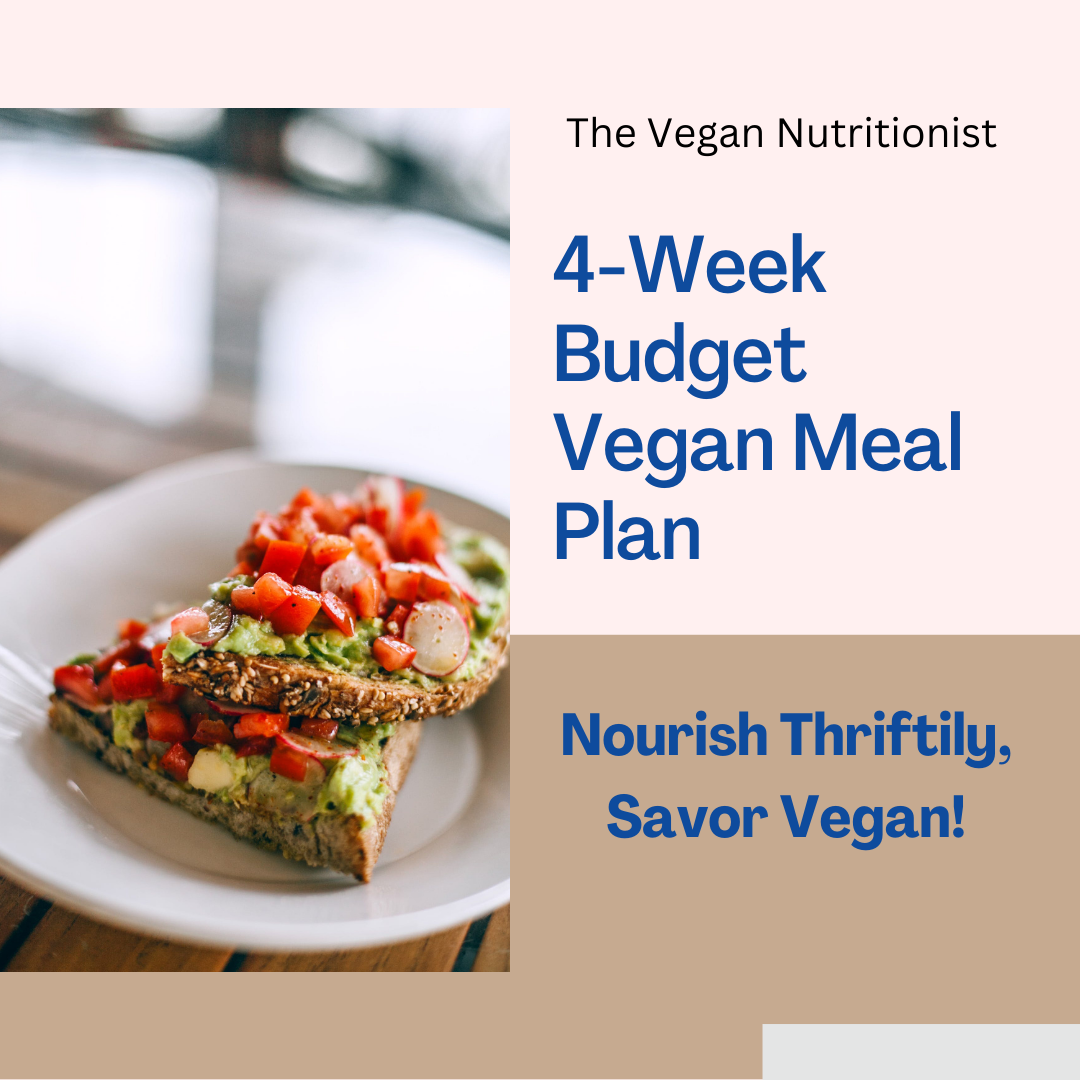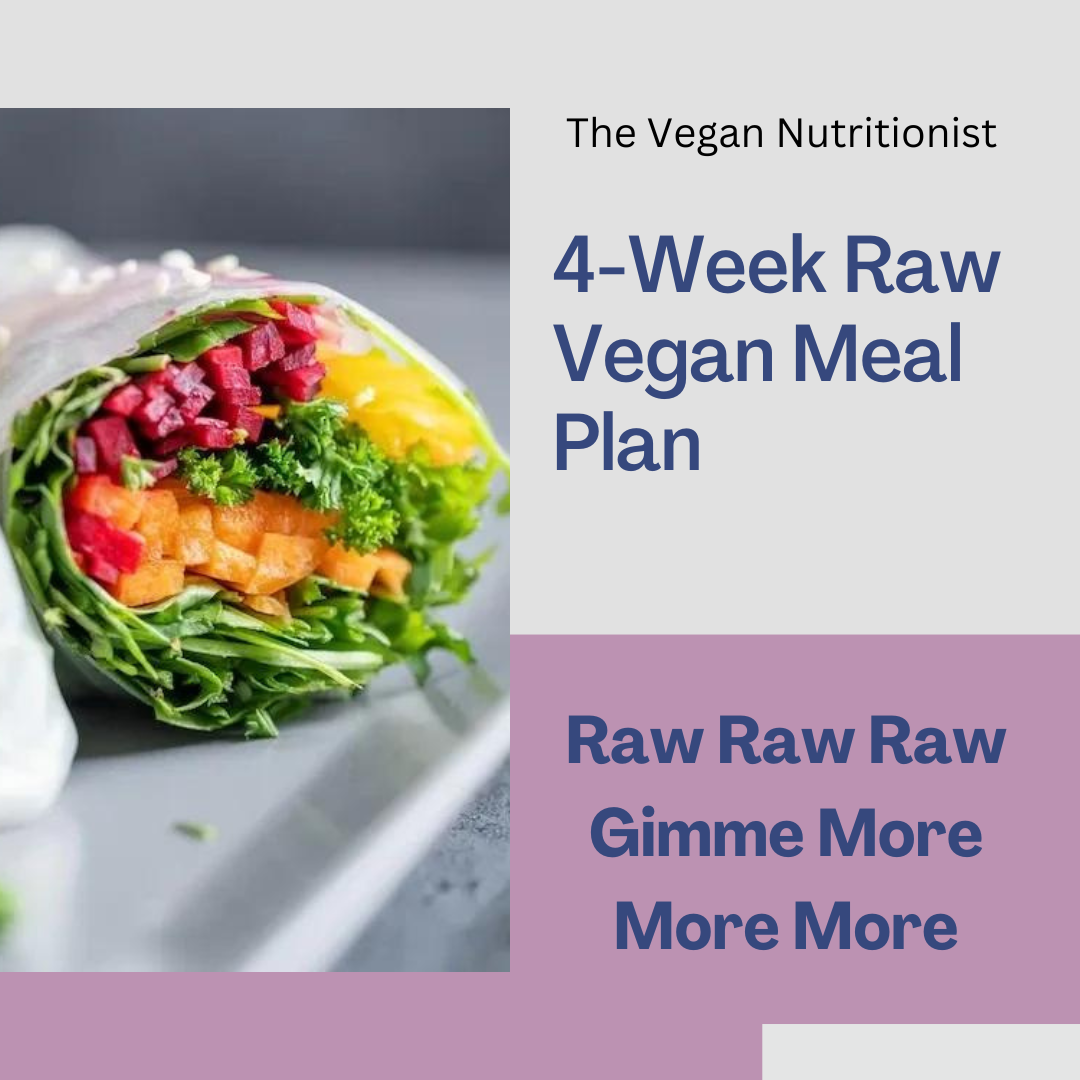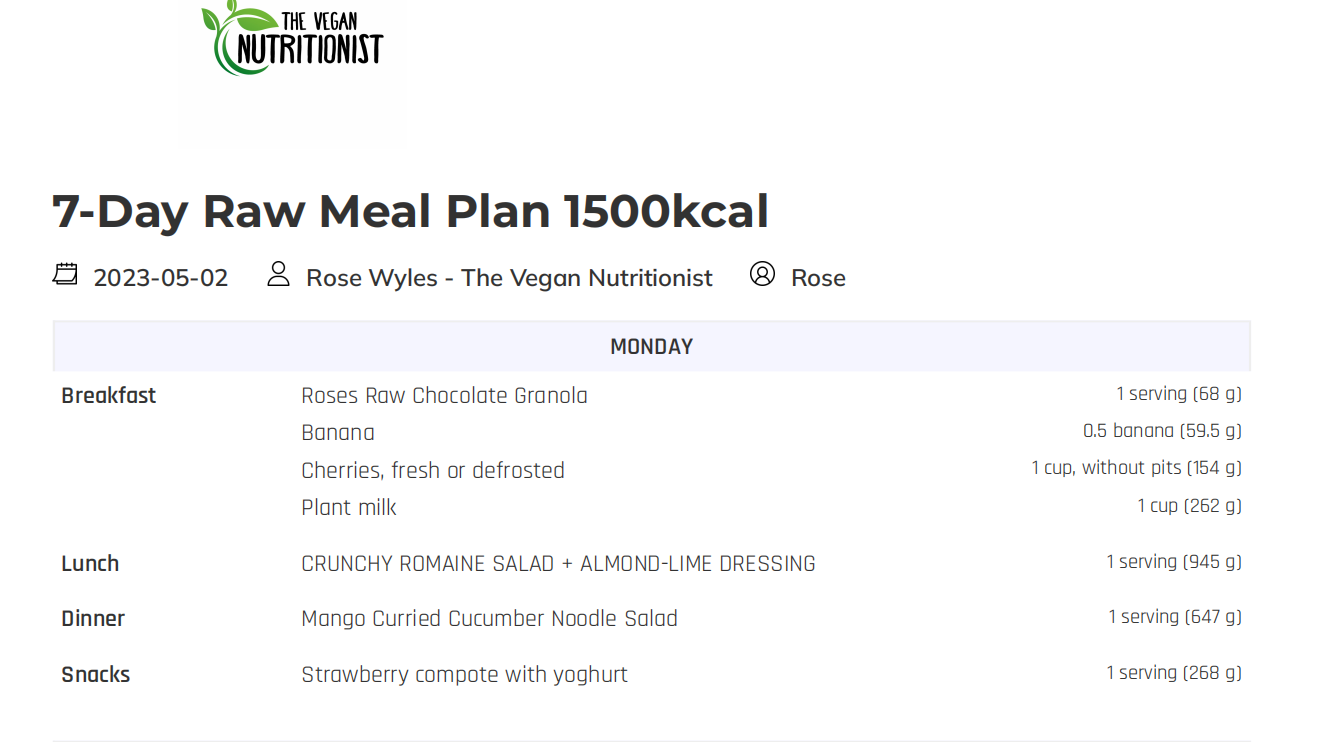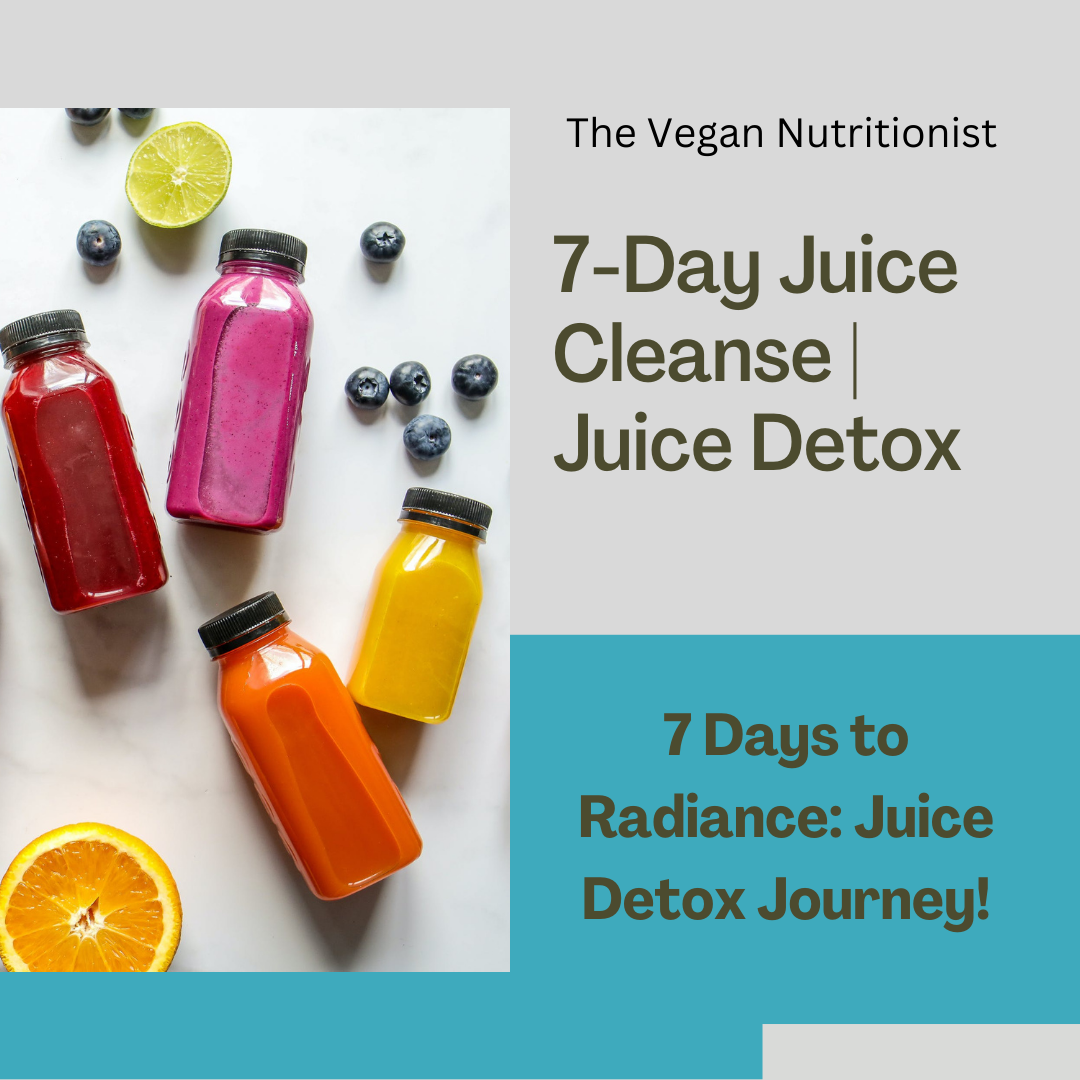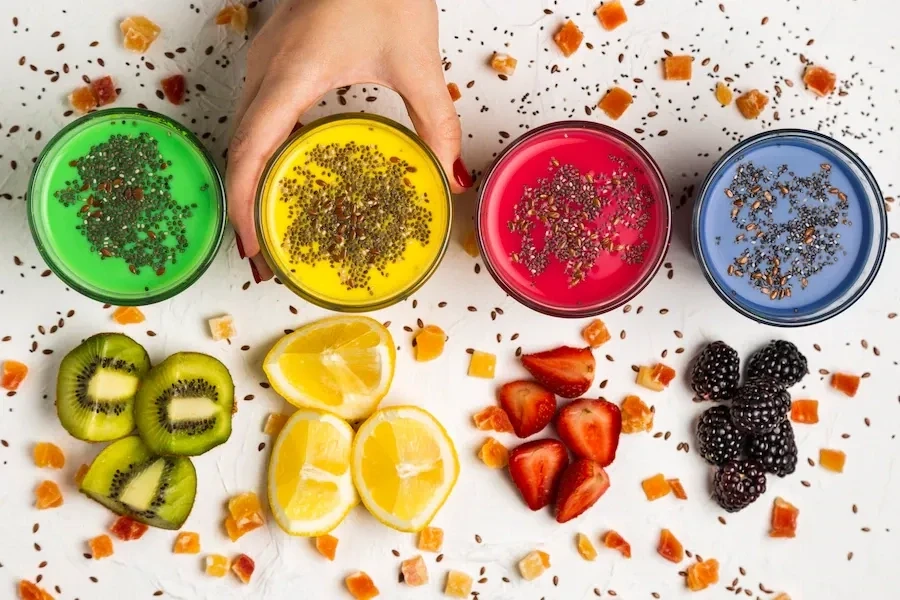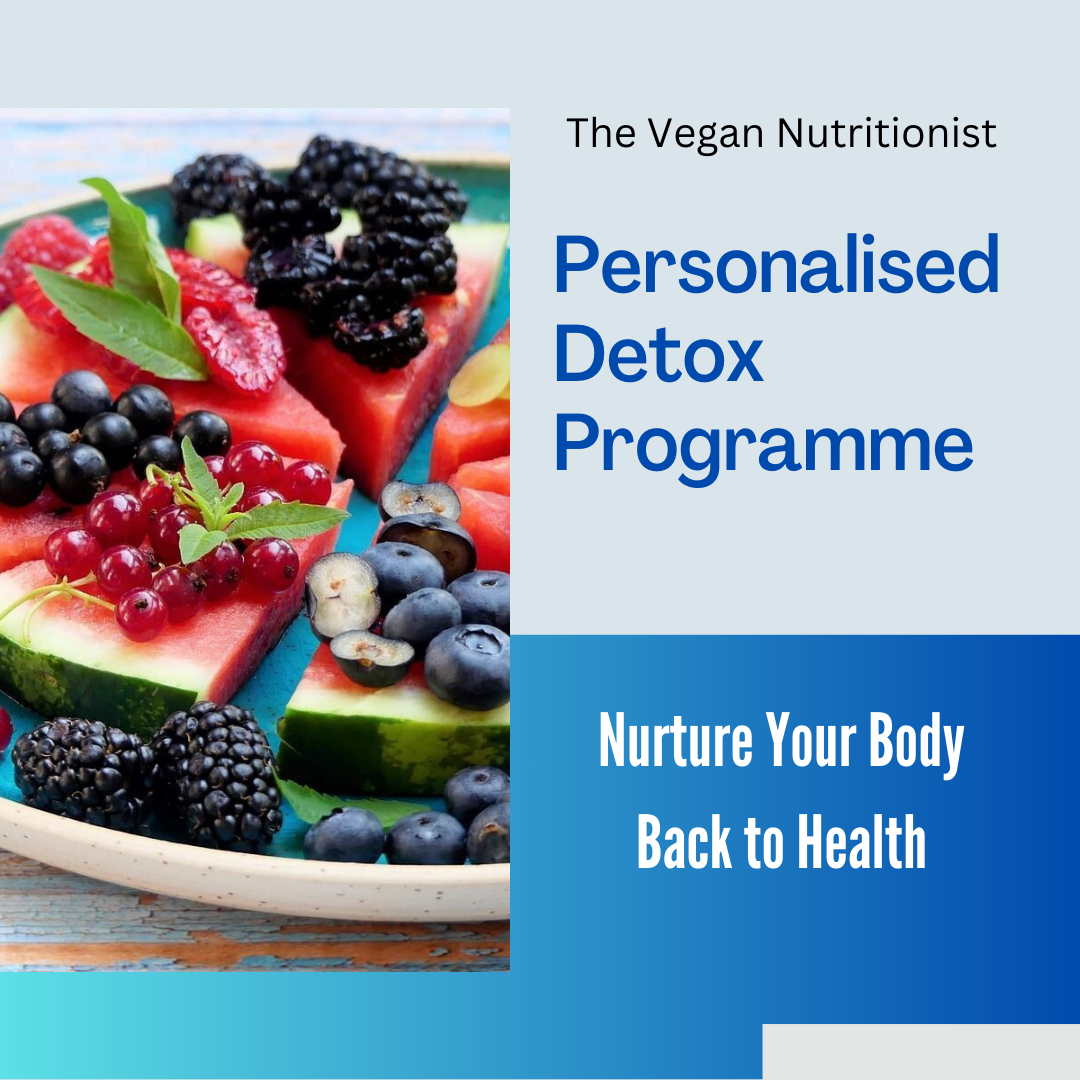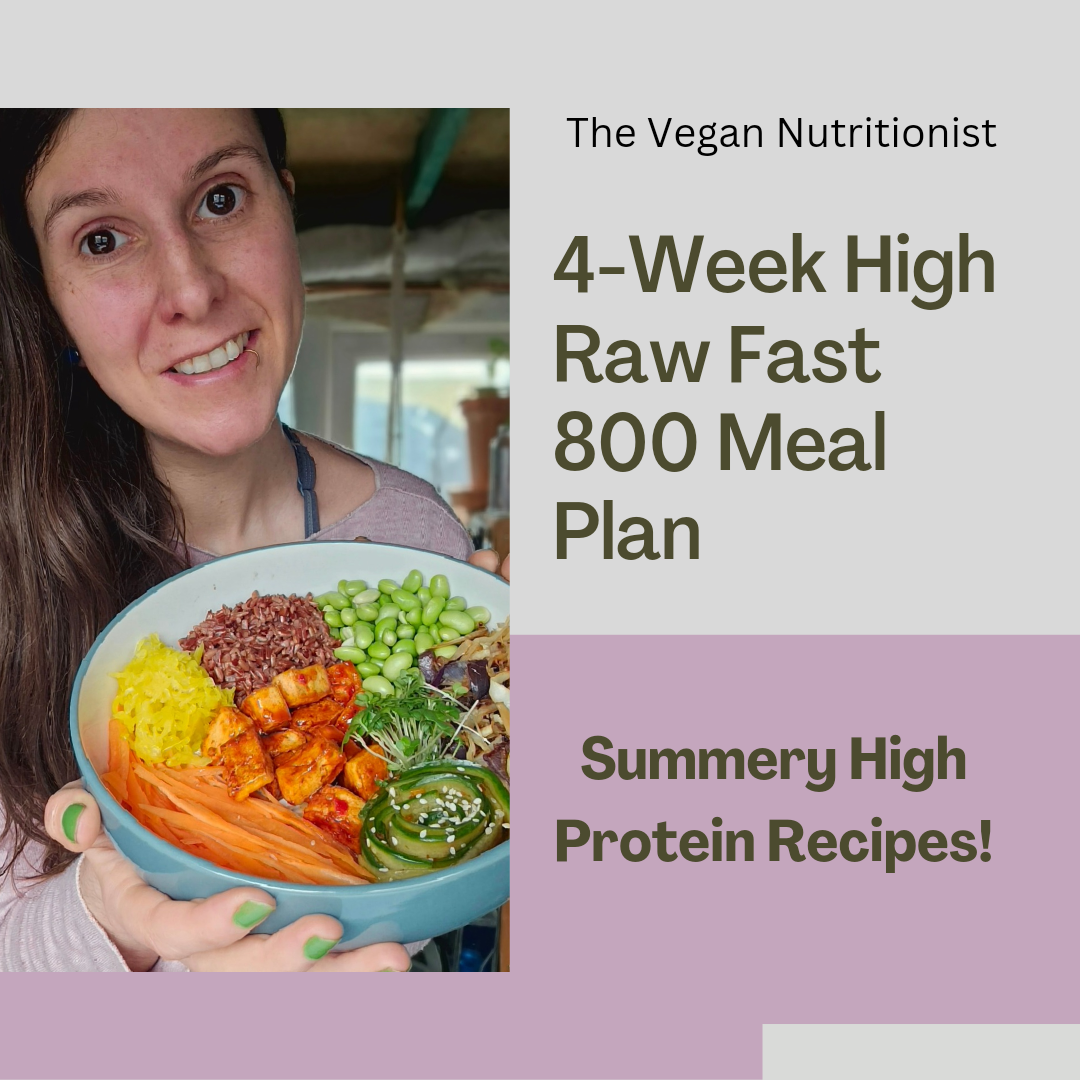Cholesterol Control on a Vegan Diet
If you want to reduce your cholesterol and maintain the lowered levels over time, a plant-based diet is an excellent way to go.
There are a variety of foods that can help reduce cholesterol levels, and you don’t have to eat a crazy amount of them to reap the benefits!
Read on to learn more about how you can reduce and maintain healthy cholesterol levels through a plant-based diet...

WHAT IS CHOLESTEROL?

Here are 6 of the best ways to keep your cholesterol levels in check through diet:
1. Start eating more plant foods
Plant-based diets are high in fiber, which is known to reduce levels of LDL cholesterol (the “bad” cholesterol) in the body. They are also rich in antioxidants that help boost heart health by reducing inflammation and improving blood flow. Fruits and vegetables are full of vitamins, minerals, and phytochemicals that promote good health and help fight disease.
2. Eat less animal protein
Avoid consuming too many animal-based foods such as red meat, dairy, and eggs as they are high in saturated fats and can increase your risk of heart disease. Instead, replace these meals with plant-based foods like beans, whole grains, vegetables, and fruits to lower your cholesterol and stay healthy!
3. Limit sugary foods and drinks
Consuming too much sugar can lead to weight gain and cause chronic inflammation in the body, which in turn increases your risk of developing heart disease. Refined sugar and high fructose corn syrup are common sources of added sugar in processed foods, so read food labels carefully and avoid foods with a lot of added sugar or corn syrup in the ingredients list.
Try to limit your intake of soft drinks and juices that contain sugar. Also avoid adding sugar to your coffee and cereal as these are also high in calories and do not benefit your health in any way. You can also cook your own meals at home using fresh ingredients to minimize the amount of added sugar in your diet.
4. Eat lots of green leafy vegetables
Green leafy vegetables such as spinach, kale, Swiss chard, collard greens, lettuce, arugula, watercress, beet greens, mustard greens, etc. are a great source of soluble fiber that helps reduce bad cholesterol.
Soluble fiber helps balance blood sugar levels and prevents spikes and drops in energy levels throughout the day. It also helps clean out the colon and prevents constipation and promotes healthy digestion. For best results, eat at least 3 servings of leafy greens every day!
5. Add more beans to your diet
Beans are low in fat and high in protein which helps control appetite and promote weight loss. They also contain various nutrients including fiber, folate, potassium, iron, zinc, magnesium, B vitamins, and more that can help improve your overall health. In addition, beans help stabilize blood sugar levels and control cholesterol which is important in preventing and controlling diabetes.
Eating one serving of beans per day is a great way to boost your heart health. There are many different types of beans that you can add to your diet including black beans, pinto beans, chickpeas, lentils, white beans, navy beans, kidney beans, black-eyed peas, garbanzo/chickpea beans, and many more.
6. Increase intake of whole grains
Whole grains like oats, brown rice, whole wheat pasta, quinoa, millet, buckwheat, wheat germ, barley, etc. are a good source of dietary fiber and essential vitamins and minerals such as vitamin B1, B2, B3, E, and minerals such as iron, calcium, selenium, magnesium, copper, manganese, and zinc.
They have also been shown to reduce the risk of certain chronic diseases such as heart disease and diabetes. Healthy eating is associated with reduced risk of several cancers as well. Eating whole-grain foods regularly can help prevent these health problems as well as improve your overall health and well-being.

WHAT ARE HEALTHY FATS & WHERE TO FIND THEM?
You can get plenty of healthy fats from nuts, seeds, avocado when you are reducing your consumption of animal protein and oil-based products. Healthy fats found in nuts such as almonds, walnuts, cashews, pecans, pistachios, etc. are essential to prevent cravings and boost energy.
Increasing foods with healthy fats provide the body with essential fatty acids which help promote healthy skin and hair and prevent dry hair and skin. They are also rich in protein and other nutrients which can help improve overall health and reduce the risk of developing chronic disease. Healthy fats also decrease inflammation and reduce the risk of developing conditions such as heart disease and cancer.
Avocados also provide many health benefits and are a rich source of healthy fats. They are high in monounsaturated fatty acids and help reduce inflammation in the body. They also contain antioxidants which can help protect against cardiovascular disease and other chronic conditions. They can be added to salads or sandwiches or eaten by themselves as a healthy snack.
You can also replace some of the cooking oil you use in cooking with water sautéing and baking with silicone baking mats, and avoid Tefal and other non-stick cookware for toxicity concerns. Replacing unhealthy trans-fats with healthier monounsaturated and polyunsaturated fats may help lower your cholesterol levels.
Always look to limit your use of processed vegetable oils such as margarine and butter which contain unhealthy saturated fats and are high in calories which can lead to weight gain and increased cholesterol. This includes products made with these sources of fats which include baked goods, crackers, cheese spreads, salad dressings, frozen meals, doughnuts, pastries, coffee creamers and other packaged food products.

MYTHS AND FACTS
One of the main misconceptions is that a plant-based diet is not beneficial for people who are suffering from high cholesterol. However, studies have shown that dietary changes have a dramatic impact on lowering blood cholesterol levels and improving heart health. It has also been shown that individuals with high cholesterol levels who follow a low-fat plant-based diet have improved cholesterol numbers after just three months.
A plant-based diet is rich in phytonutrients which are essential for maintaining a healthy heart and preventing disease. Research has shown that eating a diet rich in plant-based foods and low in animal-based foods can have a significant positive impact on your health by reducing your risk of disease and promoting a healthy body weight.
There are many different nutrients that are found in many different types of food but some of the key ones are: fibre, vitamins, minerals, omega 3 fatty acids, phytosterols, polyphenols and flavonoids. Each of these plays an important role when it comes to managing and reducing cholesterol.
- Fibre is an essential nutrient that helps promote healthy digestion and prevents constipation and diarrhea. It is also helpful for lowering cholesterol and helping prevent heart disease.
- Vitamin C is also an essential nutrient that can help reduce and prevent the amount of plaque build up in the arteries which can help reduce the risk of a heart attack or stroke.
- Vitamin B6 plays an important role in converting amino acids into proteins and helps the body use other vitamins and minerals more efficiently.
- Folate is important for preventing birth defects and reducing the risk of certain types of cancer including breast cancer.
- Magnesium is another essential mineral that helps maintain a healthy heart and helps keep blood pressure levels low.
- Potassium helps prevent fluid retention and keeps the heart beating regularly.
- Zinc has antioxidant properties which help to prevent cellular damage and play a role in maintaining healthy immune function.
These are just a few of the many nutrients that are abundantly found in plant-based foods. It is important to include a variety of fruits, vegetables, whole grains, legumes, nuts and seeds in your diet to ensure that you are getting all of the essential nutrients that you need to maintain good health.
When following a plant-based diet it is important to pay attention to portion sizes and to stay hydrated throughout the day. It is also important to limit your intake of processed foods and beverages that contain high amounts of sodium and sugar.
Animal products contain large amounts of saturated fats and cholesterol which can increase your risk of developing heart disease and other serious health problems.
By choosing to eat a low-fat, whole-food plant-based diet that is low or entirely absent in animal products you can help prevent or control high cholesterol as well as improve your overall health.

IS PLANT-BASED BETTER FOR HEALTH?
Eating a plant-based diet is a great way to achieve a healthier lifestyle and keep your heart happy and healthy for years to come. A plant-based diet is made up primarily of fruits, vegetables, whole grains, legumes, nuts and seeds and contains no animal products such as meat, dairy or eggs.
It is also low in fat and sugar which helps to reduce the risk of developing cardiovascular disease and type 2 diabetes. Many studies have linked the consumption of a plant-based diet to improved health and a reduction in the risk of heart disease and other chronic diseases.

Here is a list of some of the best plant-based foods that you should add to your diet:
- Fruits - Berries (Strawberries, Blueberries), Apples, Oranges, Pears, Melons, Grapes, Citrus Fruit, Avocado, & Pomegranate
- Vegetables - Leafy Greens (Spinach, Kale, Collards), Broccoli, Carrots, Cauliflower, Potatoes, Mushrooms, Peppers, Tomato, Aubergine/Eggplant, Squash/Pumpkin & Sweet Potatoes
- Whole Grains & Legumes - Quinoa, Rice, Corn, Oats, Whole-Wheat Pasta, Beans, & Legumes (Beans, Lentils, Split Peas)
- Nuts and Seeds - Almonds, Walnuts, Cashews, Hazelnuts, Brazil Nuts, Pumpkin Seeds, Sunflower Seeds, & Sesame Seeds (whole and their butters)
Foods that are high in saturated fats and cholesterol should be avoided as much as possible.

END POINT
It is imperative to prioritise plant-based foods in our diets while limiting the consumption of harmful saturated and unsaturated fats. This approach can lead to the promotion of optimal health and well-being.
By embracing a diet consisting solely of plant-based whole foods, we can effectively lower the levels of harmful cholesterol in our bodies while also mitigating the likelihood of contracting chronic illnesses such as heart disease, cancer and type 2 diabetes.
Thanks for reading!
I hope you enjoyed this blog, and will join me again for the next one!
For delicious recipes be sure to regularly check my website blog where I post plenty of tasty vegan recipes!
Rose Wyles - The Vegan Nutritionist
For professional assistance in adopting a healthy and nutritious plant-based diet, kindly reach out to me using the form provided below. I can help you address any possible nutrient deficiencies or health concerns and ensure that your nutritional needs are met through the consumption of plant-based foods.
Additionally, use my services to create a customised plan for reaching your health and wellness goals which includes personalised meal plans, nutritional advice, tasty plant-based recipes, and more.
REFERENCES
- Effects of plant-based diets on plasma lipids - PubMed (nih.gov)
- Vegan diet and blood lipid profiles: a cross-sectional study of pre and postmenopausal women - PubMed (nih.gov)
- Lowering Cholesterol With a Plant-Based Diet (pcrm.org)
- Vegetarian and pescatarian diets are linked to lower risk of ischaemic heart disease, study finds | The BMJ
- Eating a plant-based diet at any age may lower cardiovascular risk | American Heart Association
- Less heart-damaging inflammation with a vegan diet? - Harvard Health
- The Impact of Vegan Diet in the Prevention and Treatment of Type 2 Diabetes: A Systematic Review - PubMed (nih.gov)
Share this Post!
Hi there! I'm Rose, a nutritionist who is passionate about creating delicious plant-based meals that are both flavourful and nourishing. My goal is to help people discover the wonderful world of plant-centered cuisine through my nutritional guidance and recipe sharing.
Latest Recipes
Popular Articles
Click Here to read about how to do the fast 800, vegan!
Click Here to read organic vs non-organic - which is healthier?
Click Here to read the benefits of medicinal mushrooms
Click Here to read how to build the ultimate high protein vegan meal plan

Reach out by sending me an email
Need assistance with your diet or health goals? I'm here to help. Send me a message and I'll be in touch.
Thank you for contacting me.
I will get back to you as soon as possible
Please try again later

Subscribe to Newsletter
Thank you for subscribing!
Oops, there was an error.
Please try again later.

Copyright © www.thevegannutritionist.co.uk / PRivacy Policy / Contact










